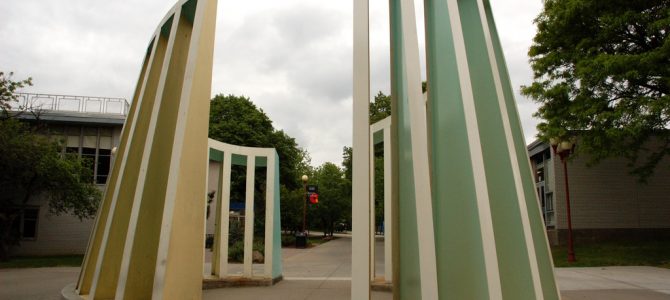
Public schools in Chapel Hill, North Carolina have canceled class this coming Wednesday expecting so many employees to be participating in a “women’s strike” that lists publicly sponsored abortion and contraception as one of its primary motivations.
The strike was presaged by a “women’s march” in January organized under a set of “unity principles,” chief being “open access to safe, legal, affordable abortion.” In other words, while these events are portrayed as an inclusive demonstration under the auspices of “women’s rights,” nothing could be further from the truth.
Pro-life women, including activists from secular pro-life organizations, were barred and shamed out of participating in the march, and their concerns written out of the strike motivations. These women’s organizers do not seek to elevate the voices of all women, just the women they agree with.
Pro-life women have been marching for 44 years, following the passing of Roe v. Wade in 1973. Yet, despite drawing crowds numbering in the tens and hundreds of thousands on an annual basis, the mainstream media has largely chosen to ignore the March for Life. According to a recent study by the Media Research Center, the 2017 Women’s March received 129 times more coverage on ABC, CBS, and NBC than the March for Life despite comparable crowd sizes.
Simply, the pro-life movement does not get an equal voice, and discrimination against its activists is not limited to media coverage. It’s also happening on our college campuses, where pro-life women face discrimination on a growing scale.
No Equal Recognition For You
A month ago, Alliance Defending Freedom (ADF) filed a lawsuit, Queens College Students for Life v. Members of the City University of New York Board of Trustees, on behalf of the Students for Life chapter at New York’s Queens College charging the school with viewpoint discrimination. Last fall the pro-life advocates, led by Norvilia Etienne, a current student of Queens College, applied for “registered” status on campus, to join the ranks of 100 other diverse clubs, including groups advocating for abortion. With no explanation (and after several delays), the school’s officials rejected the club.
Despite meeting every application requirement, Students for Life was denied meeting space, access to funding, permission to invite campus speakers, a license to distribute pro-life literature, and much more. Even worse, Norvilia and her fellow members were barred from holding baby showers and diaper drives to serve pregnant and parenting students on campus. They couldn’t communicate with their fellow students about off-campus resources available to them or advocate for changes on their own campus to help these pregnant and parenting students. This is pro-woman?
Two days after the lawsuit was filed, school officials changed their mind to recognize the club, but did not change the school’s “unconstitutional policies.” With the school’s approval, Norvilia says, Students for Life at Queens College can now fulfill its mission to “be available to all students, regardless of their cultural background or religion.”
But as ADF’s Senior Counsel Casey Mattox says, “While Queens College has done the right thing in recognizing the Students for Life club, the college still needs to change its egregiously unconstitutional policies. Under those policies, the college will continue to deny funding to Students for Life from its members’ own student activity fees and violate the First Amendment freedoms of other students as well. Our lawsuit will continue until we ensure that Queens College’s policies respect the constitutionally protected freedoms of all students.”
Tolerance Is a Two-Way Street
Tolerance is a two-way street, and if Norvilia and her supporters (in compliance with the school’s “Student Activity Fee” policy) continue to be forced to pay hundreds of dollars per semester to support other student clubs, including ones that promote abortion, then pro-life students should be able to promote and defend their ideas as well. While the Queens College website claims to equip students with the “ability to think critically, address complex problems, [and] explore various cultures,” that mission apparently ends where questions about life begin. The school’s administrators are no different from the “Women’s March” exclusivists.
College administrators are exercising unlimited power over student groups while wielding school policies as barricades. Blocking out dialogue and engagement in the battle of ideas, those barricades obstruct students’ healthy participation in a pluralistic society. That includes Colorado State University, which denied a club the funding to invite a guest speaker because of the speaker’s pro-life views. These cases are not alone.
“Today’s college students will be tomorrow’s legislators, judges, commissioners, and voters,” says Mattox. “That’s why it’s so important that public universities model the First Amendment values they are supposed to be teaching to students, and why it should disturb everyone that Queens College and many other colleges are communicating to a generation that the Constitution doesn’t matter.”
When thousands of women marched on Washington for the Women’s March, they were exercising their rights protected by the same First Amendment being trampled at Queens College. Thousands of pro-life women marched again on Friday, this time for the sanctity of life. That’s an equal opportunity still being denied pro-life advocates on campuses nationwide.
It’s time to dispel the myth that certain ideologies should have a monopoly on the term “women’s rights.” All women deserve a voice, including on college campuses.









